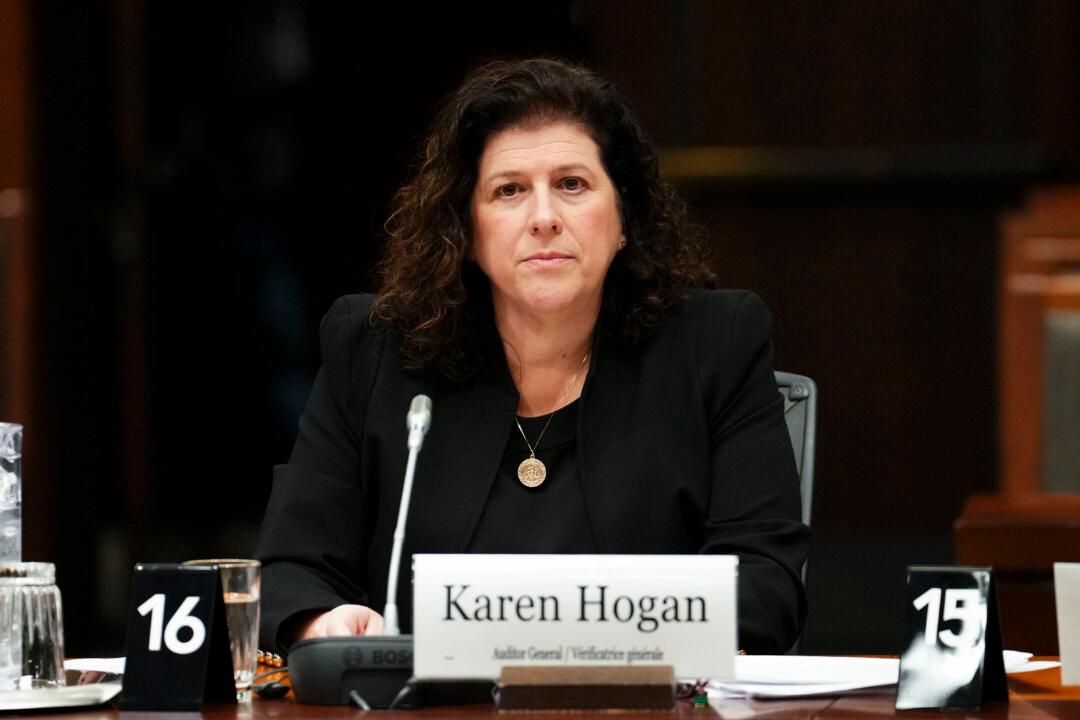Auditor General Karen Hogan says a lack of communication between the Public Health Agency of Canada and Canada Border Services Agency about their respective roles and responsibilities regarding the ArriveCan app left an “accountability void” that persisted for a year and a half.
“Each believed that the other was responsible for establishing a governance structure, and neither developed nor implemented good project management practices, such as developing objectives and goals and budgets and cost estimates,” Ms. Hogan said in her opening statement before the Standing Committee on Public Accounts on Feb. 20





